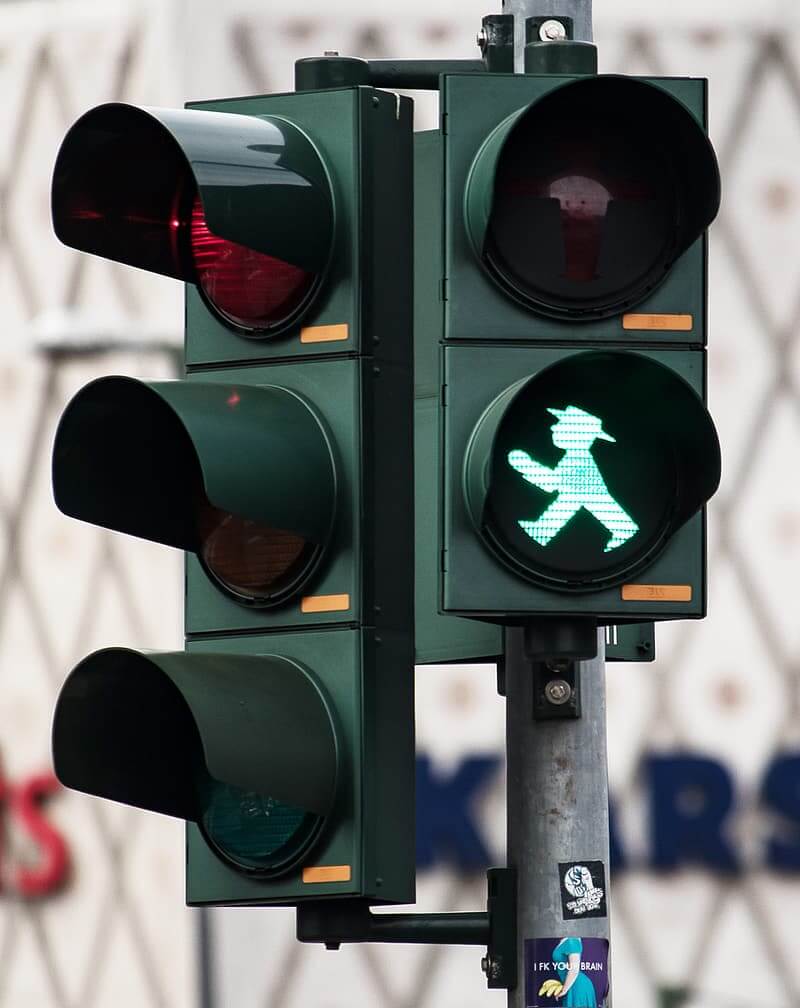
Is Airbnb Safe for Hosts? What to Know
We have previously discussed the benefits and rewards of hosting on Airbnb. While it may be a great option for you, there are some risks involved, as ultimately you are allowing strangers into your property. By no means is this to say you shouldn’t host at all, but we will highlight some of the key safety aspects to remember, and answer the question ‘Is Airbnb safe for hosts?’ These tips will help you make the most of your hosting experience.
Overall, Airbnb is safe for hosts. However, there are certain measures you can take to have the best possible experience. Let’s take a closer look!
Follow Airbnb Recommendations And Review Potential Guests
While researching how to become a host, you’ve probably read that interacting with guests should only be done via the Airbnb platform. Your personal safety and security must come first. Therefore, adhering to this recommendation should be a priority. By sticking to messaging and payments through Airbnb, your personal information is safe. And, should anything go wrong, you will most likely be covered by their terms of service.
It is also recommended to review the profiles of guests who have requested to book to see if they are legitimate or pose any risk to you or your property. It may also be a good idea, if you aren’t 100% convinced from looking at their profile, to communicate your expectations clearly. This can be done with a message outlining exactly what they can expect of the property, house rules, and amenities, so they won’t be surprised the moment they arrive.
Ultimately, if you aren’t 100% convinced, and your gut instinct is saying ‘no’, it may be wise to decline the request. After all, your safety and security should come before making money from a booking.
Clear House Rules & House Manual
Setting out house rules and expectations in a guide is one thing, but ensuring you have every last detail spelled out is critical. Making sure there are no loopholes, or rules and etiquette left in question will help prevent any confusion, or risk of misconduct or damage by the guest.
Including details is very important. Add any information you want your guests to know prior to booking in your house manual. Not only will this reduce the number of questions by guests, but it will allow you to clear anything up if a guest is unsure about something.
Insurance
You may want to consider extra insurance in addition to the default $1 million USD protection from Airbnb. If hosting is a serious side gig or part-time/full-time job, and not just for pleasure, then opting for additional insurance is recommended. This will give you the peace of mind that should anything go wrong, you have extra insurance which you can (hopefully) rely on.
You could consider contacting your current home insurance provider. Ask them how to go about adding insurance for home-rentals to your existing plan. Adding a policy to an existing one may be less expensive than taking out a whole new policy. Plus, you will already be aware of how the policy works with your current provider, so it may be a seamless integration. Be aware that many home insurance policies will not cover short term rentals, so be sure to check with yours prior to setting up your listing.
Charging A Security Deposit
Charging a security deposit may add a further layer of protection. Basically, this deposit is a fixed amount, set by you, that the guest will pay prior to their arrival. If everything is intact and there are no major damages once they depart, this money will be released back to them. It is an added incentive for the guest to take care of the property, as well as an added bonus to help you remain reassured.
While other platforms may still allow this, at the time of this writing, Airbnb no longer collects security deposits and doesn’t allow them off the platform for bookings made through them. Instead, they notify guests that their payment method may be charged should they damage your property.
Use Common Sense
Being smart and using common sense can go a long way in making your Airbnb safe to host. If you are renting out a room in your property, be sure your valuable personal belongings are kept out of guest’s reach to help prevent any issues.
Moreover, consider taking photos of your listing every now and then with a timestamp. This will help track any missing items. The timestamp will allow you to track back to see which guest could be the culprit.
Final Thoughts
In the end, we can do all the research we want on the guest, pack every last piece of information into a manual, and add as much insurance as we want. But, there may still be issues that arise, some of which we won’t see coming until they happen.
What we can do, however, is take all the necessary steps to help prevent any risks from happening, and ultimately make Airbnb a safe place to host. If any issues arise out of the blue, reach out to Airbnb and take the appropriate steps to resolve them.
There is nothing like your own gut instinct, despite the safety measures you have taken. If you aren’t feeling confident about a certain guest, the best thing to do is to decline their request to book. This may save you from any possible troubles down the road.
About the Author Jake Leavy
Jake Leavy has worked in the content industry for 8+ years. Travel writing has been his main focus, however, he also has luxury hotel management experience under his belt. He has traveled to over 50 countries and loves immersing himself into different cultures. Jake combines his passion for travel and hospitality experience to offer hosts tips and tricks to improve their business.
Related
5 Reasons Why You Should Install Privacy-Safe Noise Monitors in Your Short-Term Rental Properties
How To Start An Airbnb Business
How to Leverage Profit First for Your Short-Term Rental Business
How To Gain a Competitive Edge & Thrive in Your Evolving Vacation Rental Market
The Five Best Airbnb Products That We Found on InHouse
OwnerRez: Empowering Vacation Rental Owners with Software Solutions
5 Tips on Hosting a Kid-Friendly Airbnb
How to Manage Short-term Rental Finances Using Baselane Banking
